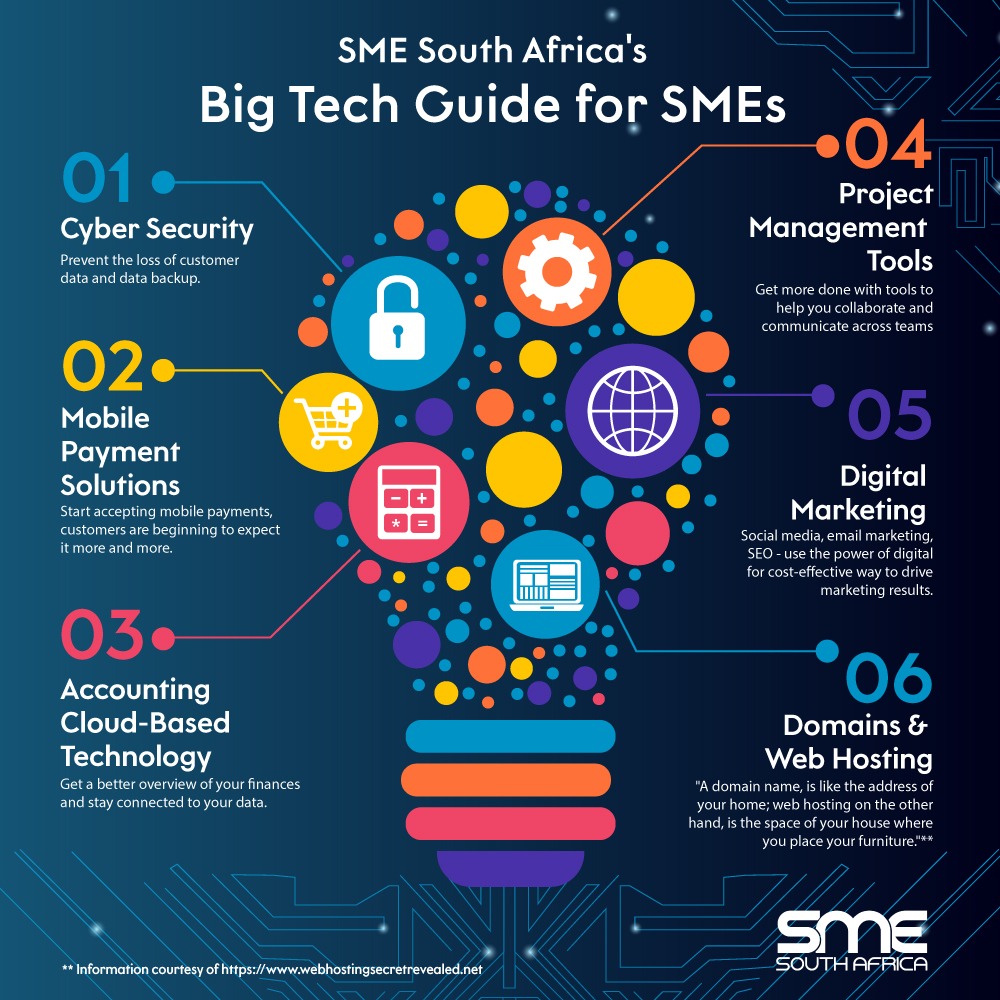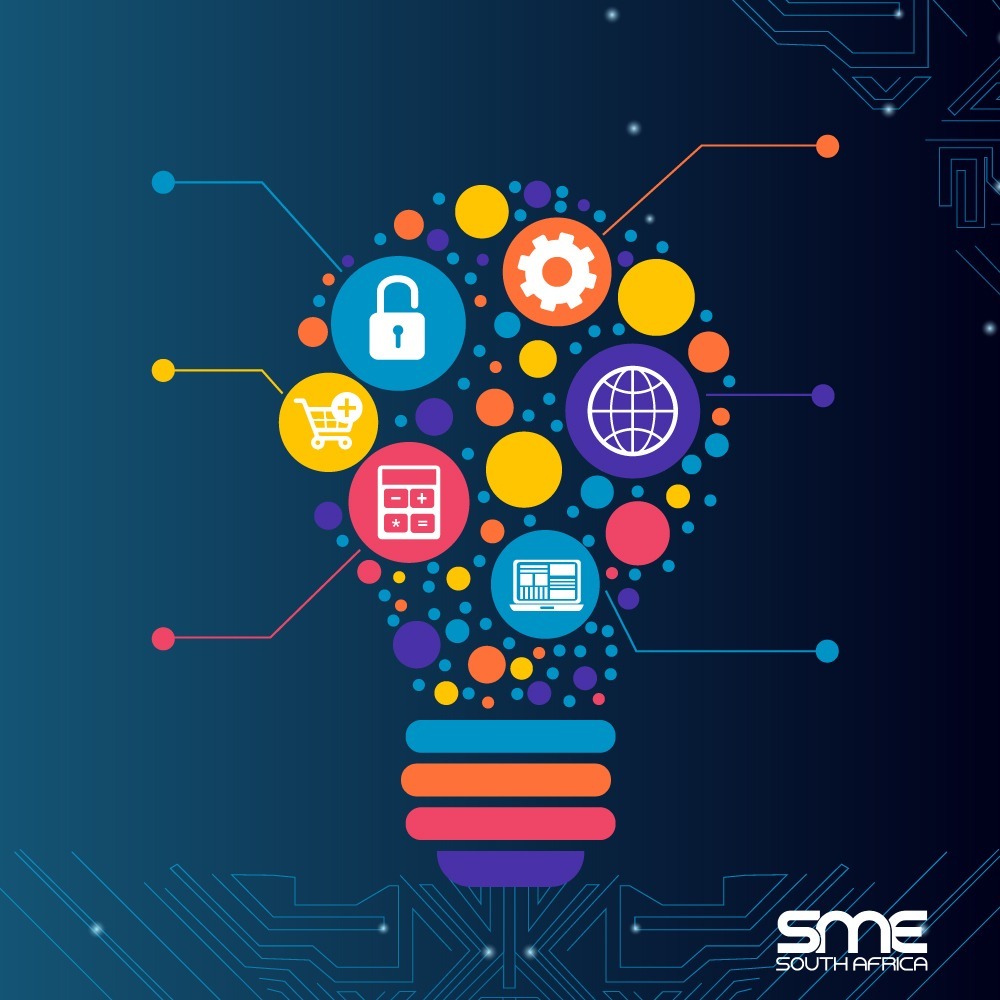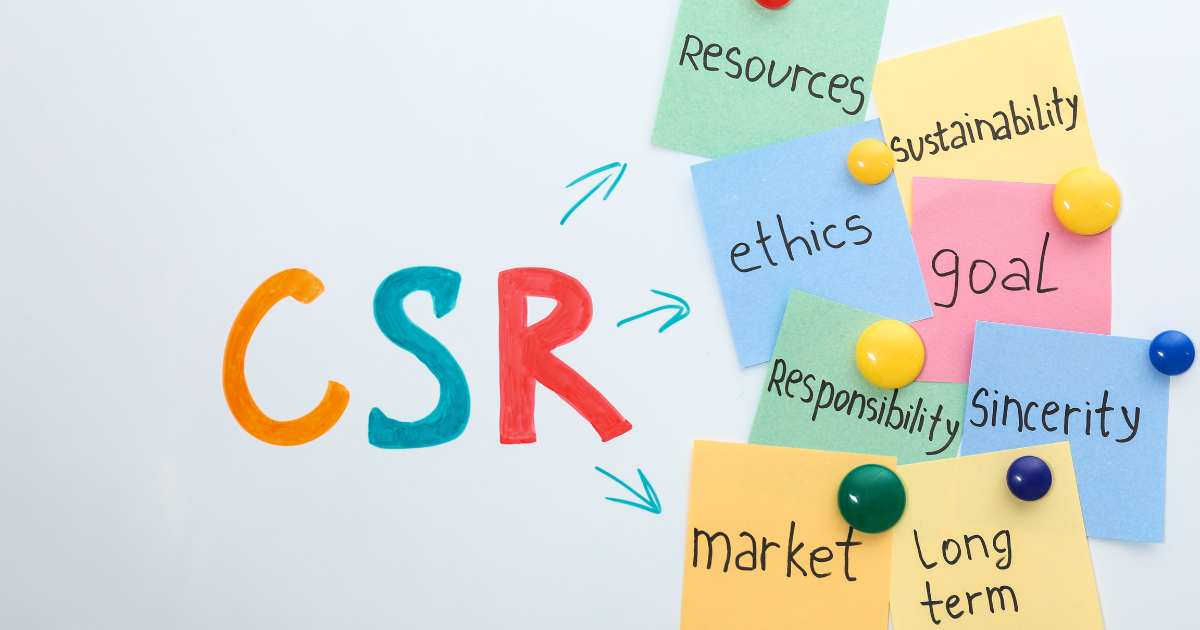In this tech guide, we’ll introduce you to technologies you need when you’re starting your business.
The first step before adopting any technology is to understand the business requirements and crafting a functional specification for the technology, says Suran Moodley, Group Managing Director Strategy and Organisational Capability at Ariston Global.
Here are your must-use tech tools.
1. Cyber security
Moodley says cyber security is not negotiable. “Entrepreneurs need to ensure that they are protected from cyber-attacks, which can be detrimental to business continuity.” Cyber security can prevent the loss of customer data and data backup.
2. Accounting cloud-based technology
According to Moodley, this cloud-based platforms can help to increase productivity and provide entrepreneurs real-time information via smartphone apps and the internet. Examples of these are Sage, Xero and GreatSoft Cloud.

3. Project management tools
Entrepreneurs can create and edit documents online for free by using Google Docs. Tools like Asana and Trello are used for project management, productivity and project tracking. Slack is a team collaboration tool and service that allows you to communicate with staff and sharing of projects.
4. Digital marketing
Mike Anderson, founder and CEO of the National Small Business Chamber, says all SMEs, no matter how small must professionalise their business.
“A few key things to action would be: a dedicated domain www.abctrading.co.za, a dedicated email david@abctrading.co.za, a website, a Facebook/ Instagram page and a Linkedin presence. This enhanced image and presence will allow the SME to be able to secure many more customers and grow top line quicker as seasoned businesses. Companies want to do business with those who take their business seriously and who are perceived to be stable and successful.”
Canva is a tool where you can create designs for your logos, business cards, social media templates and posters.
5. Domains and domain hosting
According to Hosting Web, domains can be bought and hosted from companies like Afrihost, Hetzner, Axxess and Domains.co.za.
6. Website hosting
Website hosting is a type of internet hosting service that allows an individual or company to be visible on the World Wide Web.
7. Mobile payment solutions
iKhokha, Yoco, WAPPoint, SureSwipe and ZipZap are examples of mobile payment options that entrepreneurs can use. You can also make use of SnapScan.
8. Fibre and Mobile Data
The difference between fibre and mobile data is that fibre runs on a physical fibre optic backbone that connects an internet user with the World Wide Web. Mobile Data connection runs on 3G or LTE and does not require physical cables.
ADSL and Fibre are broadband connectivity solutions that use different infrastructure. The two also differ in the amount of speed they can reach.
Beware: ADSL and even fibre can suffer from outages; having a mobile connection to fall back on is vital.
9. Social media
Social media management tools like Hootsuite and Buffer for example let you post and schedule social media posts on Facebook, Twitter and Linkedin.
Disclaimer: Please note that some of the links in this article are affiliate links and SME South Africa will earn a commission if you purchase through those links. All recommendations have been carefully considered and they are resources SME South Africa has found helpful and trustworthy.






